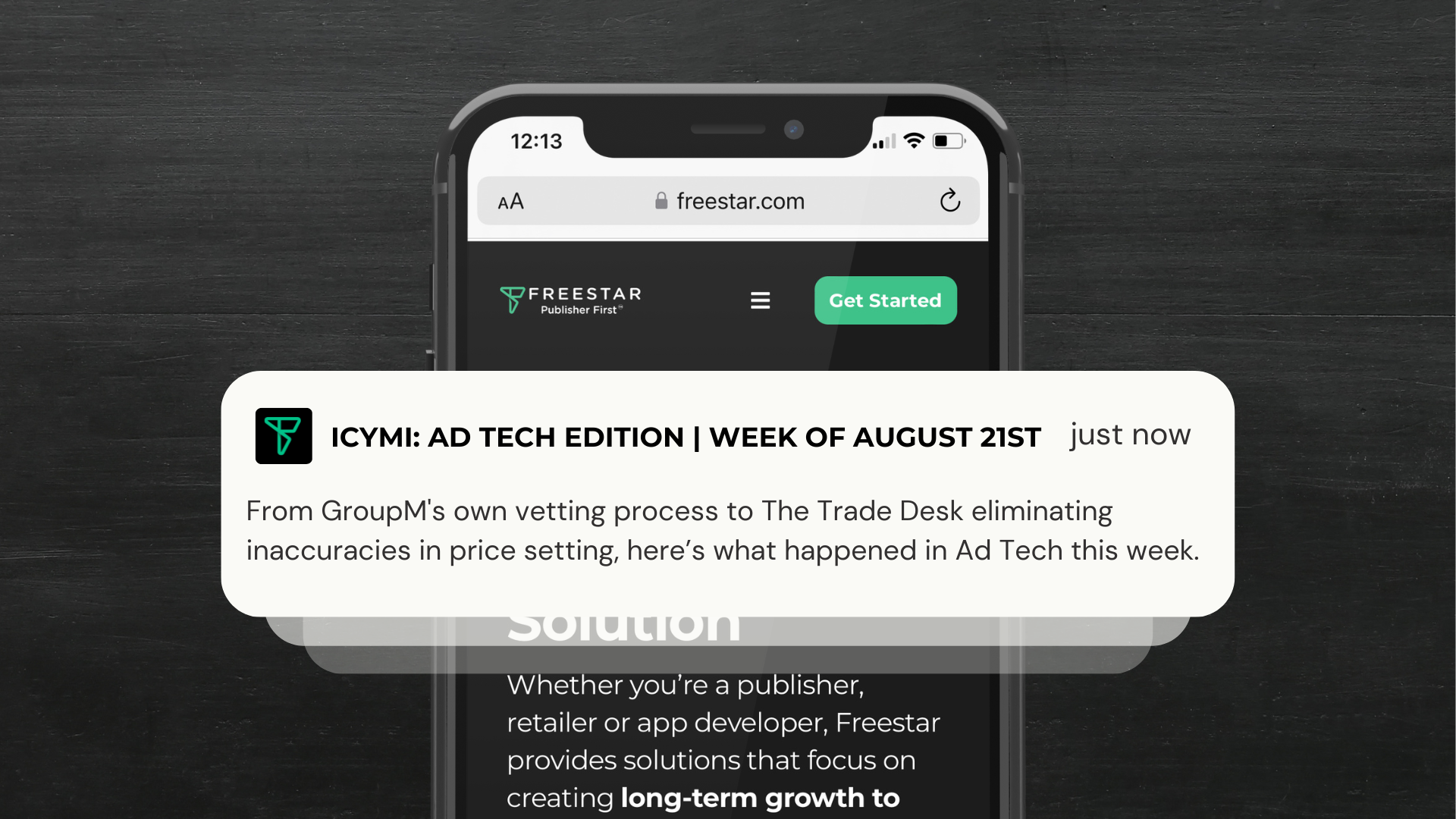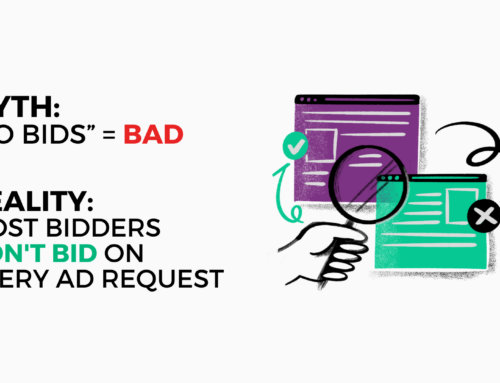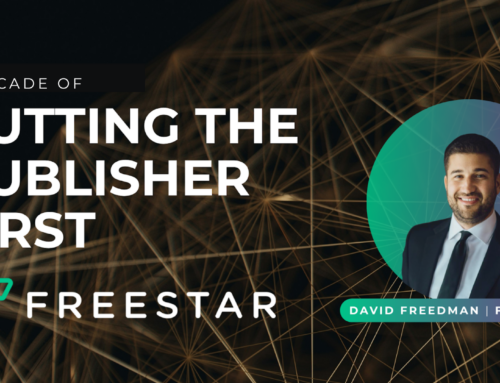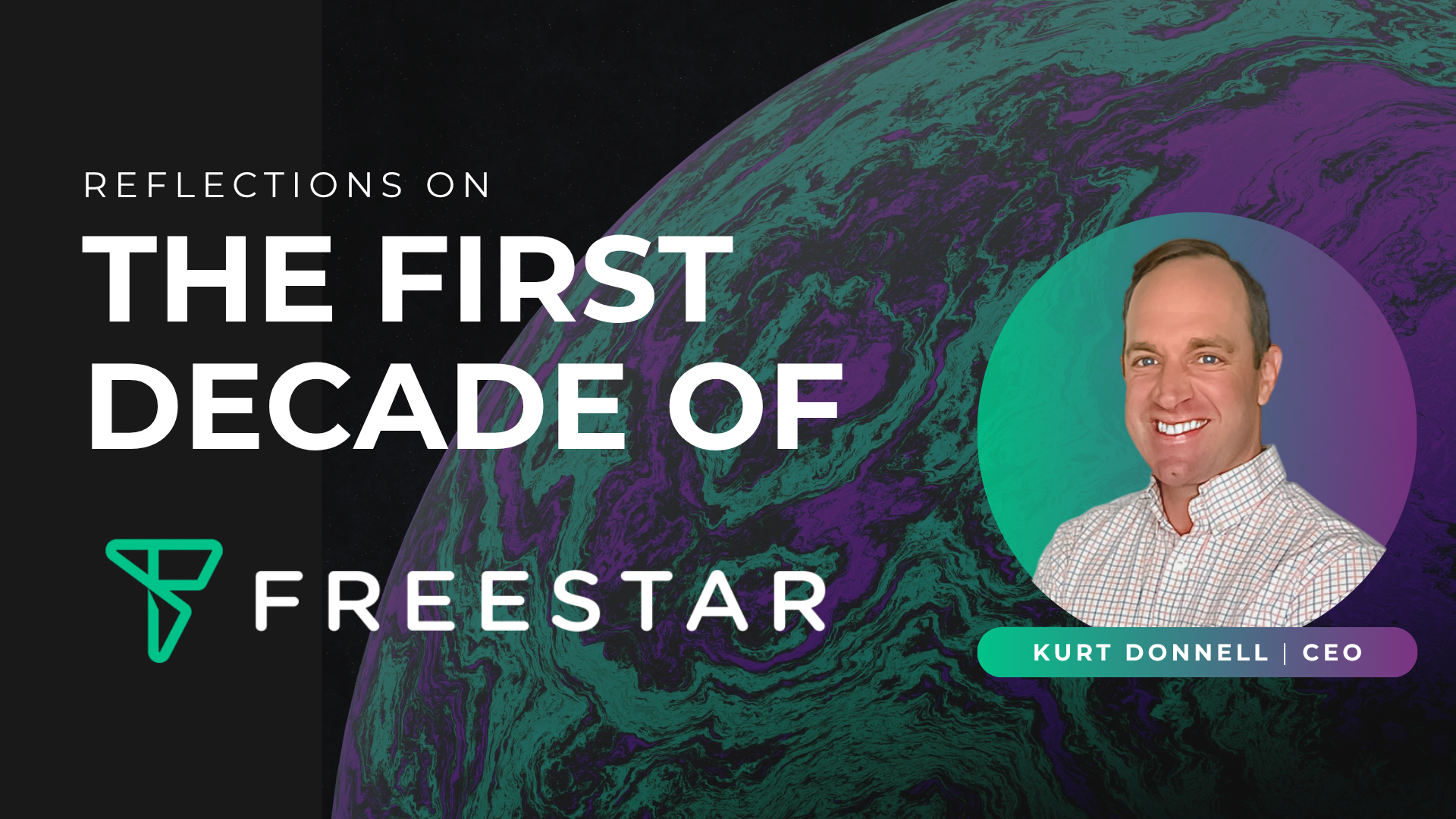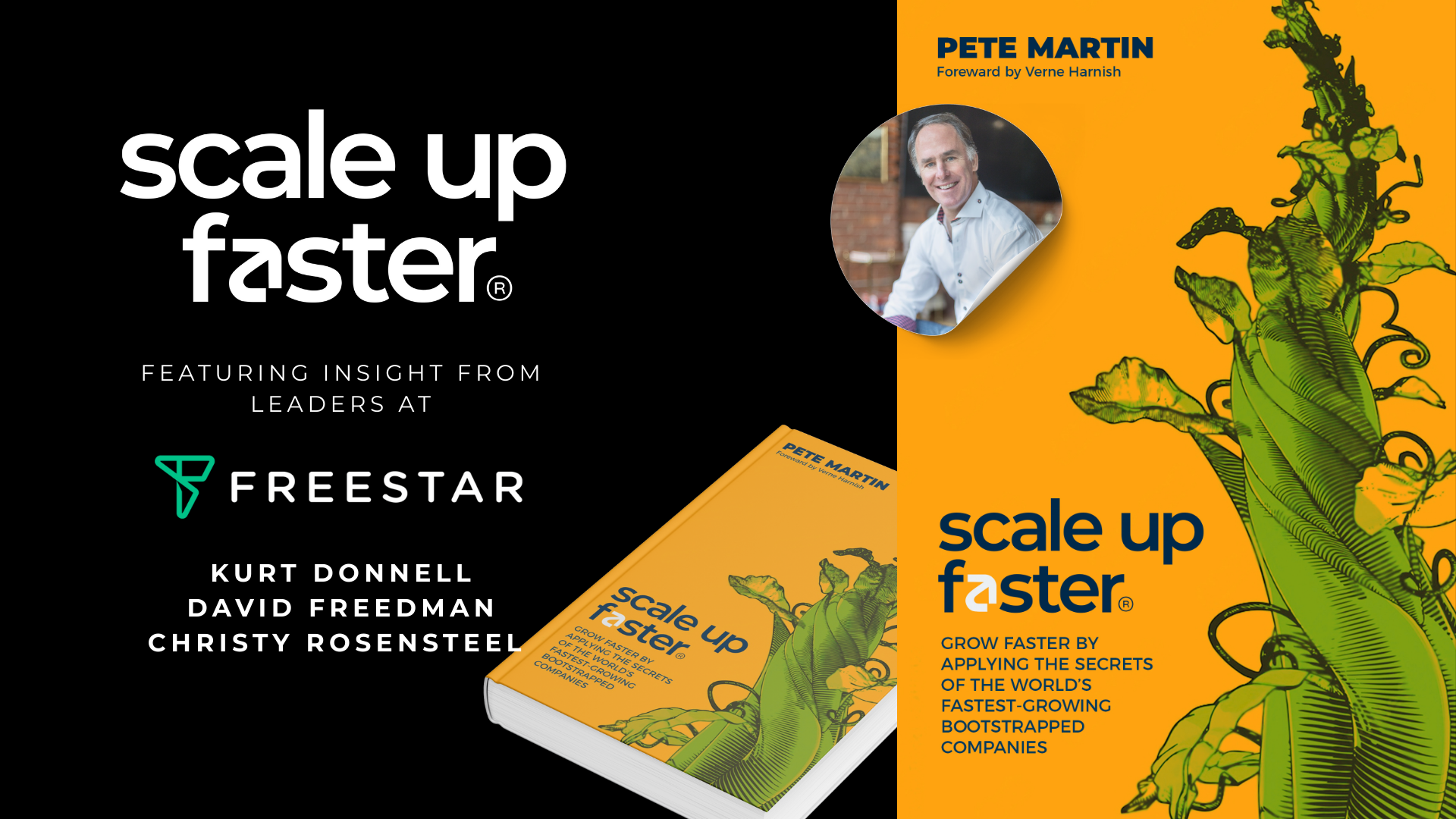Bits and Bobs from around the industry:
Why PubMatic Stock crashed 30% Today
Investors might consider giving up on investing in PubMatic stock due to recent developments. Despite reporting better-than-expected earnings for Q2 2023, PubMatic’s shares have plummeted by 29.8%. While the company achieved a profit of $0.02 per share and sales of $63.3 million, these positive numbers didn’t resonate with investors. This could be attributed to the fact that the year-over-year sales growth was only 0.5%, and the reported profit was non-GAAP and adjusted for one-time items. When following generally accepted accounting principles (GAAP), PubMatic actually experienced a loss of $0.11 per share, a significant decline from the previous year’s Q2 profit of $0.14 per share.
Furthermore, management’s projection of future performance is discouraging. PubMatic anticipates sales ranging from $58 million to $61 million for Q3, compared to $64.5 million in the prior year’s Q3. Profit guidance is limited to “adjusted EBITDA” of $13 million to $15 million, without clear information on pro forma net income or GAAP profits. Even if PubMatic were to meet Wall Street’s expected earnings of $0.16 per share, the current sell-off has significantly inflated its price-to-earnings ratio, potentially making it an unattractive investment choice. Given the underwhelming financial performance, the lack of clarity in profit projections, and the considerable stock decline, investors who are divesting from PubMatic stock might be making a prudent decision.
Yieldmo & GroupM Introduce AI Enabled Dynamic Format Optimization
Yieldmo and GroupM, two prominent companies in the advertising industry, have achieved impressive outcomes with Yieldmo’s latest offering called Dynamic Format Optimization (DFO), which is part of their strategic partnership. DFO aims to enhance post-auction performance gains on a large scale. GroupM’s Wavemaker, through its client Danone North America, experienced a 15% increase in VCR (Viewable Completion Rate) after implementing DFO compared to a control group. Other clients witnessed an average 70% boost in Click-Through Rate (CTR) along with a 45% increase in efficiency across native and video campaigns tested over the past six months.
Dynamic Format Optimization involves transforming a brand’s existing creative assets into programmatic-friendly formats known as Frictionless Formats. Utilizing machine learning and AI, it dynamically selects the most effective creative format in real-time without requiring additional effort from advertisers. As the optimization occurs post-auction, it doesn’t compromise scale or spending; rather, it enhances campaign performance.
GroupM’s Esra Bacher noted that Yieldmo’s partnership allows for innovation, testing, and optimizing media investments, providing clients access to curated inventory and custom formats for improved performance. Yieldmo’s EVP, John Tigg, emphasized the partnership’s foundation in innovation, transparency, and service. They are pioneers in combining creative technology and AI-enabled inventory curation, aiming to apply this technology to a wider array of channels across GroupM’s client portfolio.
Magnite And CTV: Together Forever (Or At Least In Q2)
Magnite, a prominent advertising technology company, continues to hold a strong belief in the potential of connected TV (CTV) as a revenue driver. In Q2, CTV accounted for 42% of Magnite’s revenue, maintaining a steady year-over-year position. Mobile ads constituted 39% of revenue, and desktop ads contributed 19%. The revenue contribution from CTV increased by 8% year-over-year, reaching $56 million from $52 million.
However, certain factors are currently affecting CTV revenue. A challenging market prompted some clients to pause significant managed service campaigns. Additionally, the political spend that boosted CTV revenue in the latter half of 2022 is creating challenging comparisons for the rest of 2023 due to the absence of a major US presidential election. Larger sellers, such as Disney, Roku, Warner Bros. Discovery, and Vizio, shifting inventory from direct deals to programmatic transactions, are gaining market share from smaller CTV publishers. While Magnite views this trend as beneficial for the programmatic CTV market’s long-term health, it does affect its short-term financials.
Despite these challenges, Magnite maintains optimism about CTV’s potential and its role in the company’s long-term growth strategy. Magnite’s CEO, Michael Barrett, emphasized the ongoing transition to premium programmatic CTV and expressed confidence even in the face of competition from major players like Netflix. Magnite also announced partnerships and integrations to enhance its services. The company introduced a retail data partnership with Attain to provide outcome measurement for video buys through its ClearLine direct buying platform. Additionally, Magnite integrated its technology with FreeWheel’s ad server to enable publishers using FreeWheel to access demand through Magnite’s SSP.
Although ClearLine is a priority for Magnite, its immediate financial impact is not significant yet. The company anticipates that this will change as partners and clients become more familiar with the platform. Despite recent challenges in the SSP space, including the MediaMath bankruptcy, Magnite remains steadfast in its position. CEO Michael Barrett believes that, over time, the SSP landscape will witness changes similar to those in the DSP market, eventually benefiting companies like Magnite.

